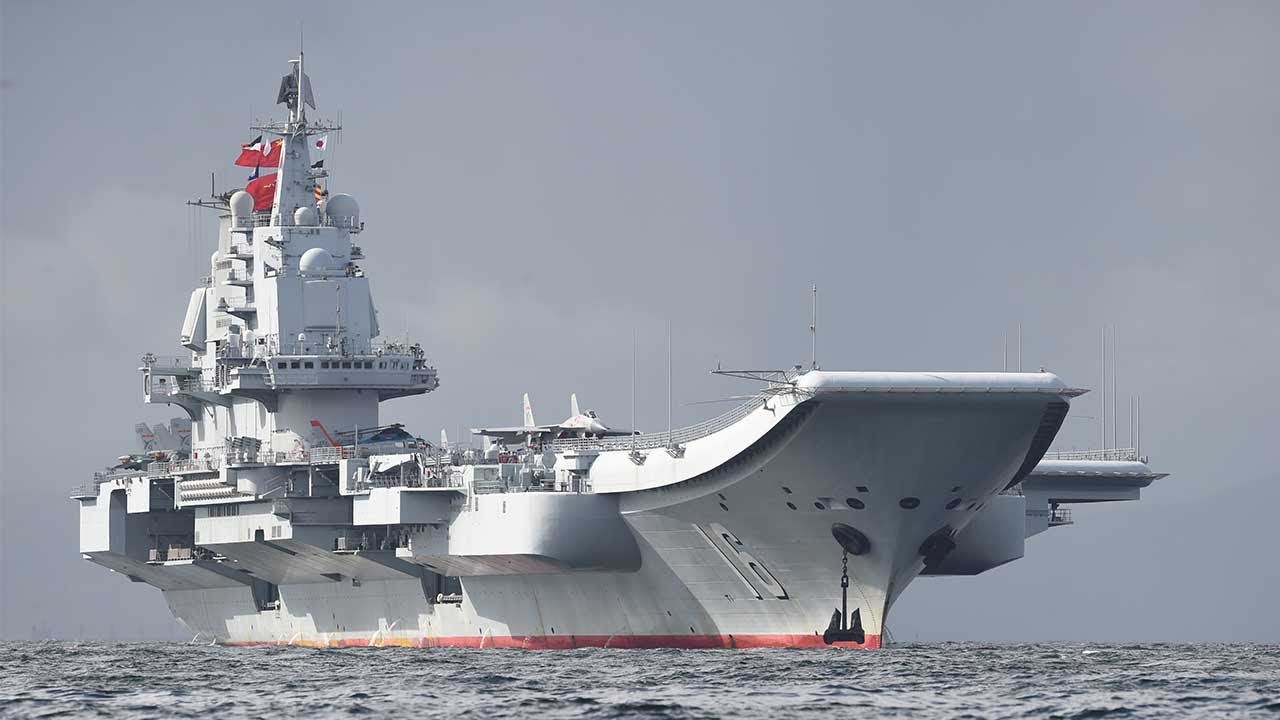The Japanese Defense Ministry is looking to counter China’s growing naval presence near the waters of Okinawa Prefecture in the Western Pacific by deploying a missile unit on the island of Ishigaki, which is located just 300 kilometers (185 miles) from Taiwan. Some 500 to 600 missile personnel from the Japan Self-Defense Forces (JSDF) would be deployed to one of the westernmost Japanese islands, both to boost allied capabilities and to respond to potential Chinese aggression.
Nobuo Kishi, minister of defense of Japan, told reporters on Tuesday that the Japanese government could soon deploy anti-aircraft and anti-ship missiles to the island. While a timeline hasn’t been finalized, media reports suggest Tokyo is aiming to have the defensive systems in place by the end of next year.
The installation of new units on Ishigaki would make it the fourth island in the Nansei island chain, which runs southwest from Kyushu to Taiwan, to be armed with missiles. This is part of Japan’s strategic first island chain that also stretches from the Kuril Islands in the north to Borneo in the south.
There are already missile batteries on Amami-Oshima, Okinawa, and Miyako islands. When the JSDF troops are deployed to Ishigaki, one unit would reportedly man the missiles while another would be stationed to act as an initial reaction force to a military attack.
Japan has made it clear that it believes such an attack could be carried out by forces from the People’s Republic of China (PRC), as Beijing has been increasingly aggressive in the region. According to multiple news reports, the People’s Liberation Army Navy (PLAN) has increasingly been patrolling the Miyako Strait between Okinawa and Miyako Islands, and that has included the Liaoning aircraft carrier. The deployment of the missile installations are meant to serve as a deterrent and would be well within range of the disputed territories including the Diaoyutai Islands – also known as the Senkaku Islands.
The uninhabited islands in the East China Sea are currently under Japanese control, but are claimed by China and Taiwan. Last month, Japan’s annual defense white paper had raised serious concerns about Chinese coast guard activities around the Senkaku Islands, and it also marked the first reference to the necessary security of Taiwan.
Tokyo has sent both formal and informal signals that have noted that the continuation of Taiwan’s democracy is critical to Japan’s own national security. Earlier this week, Kishi told the Financial Times that the overall military balance between China and Taiwan was “tilting to China’s favor” and that “we’re seeing various moves by China to envelope Taiwan.”
Kishi has sought to maintain close relations with his counterparts in Taipei.
“Rather than a direct military collision between China and Taiwan, international society needs to pay greater attention to the survival of Taiwan,” Kishi said.
Key to that survival could be those missile batteries on the Japanese island chain.
Peter Suciu is a Michigan-based writer who has contributed to more than four dozen magazines, newspapers and websites. He regularly writes about military small arms, and is the author of several books on military headgear including A Gallery of Military Headdress, which is available on Amazon.com.

